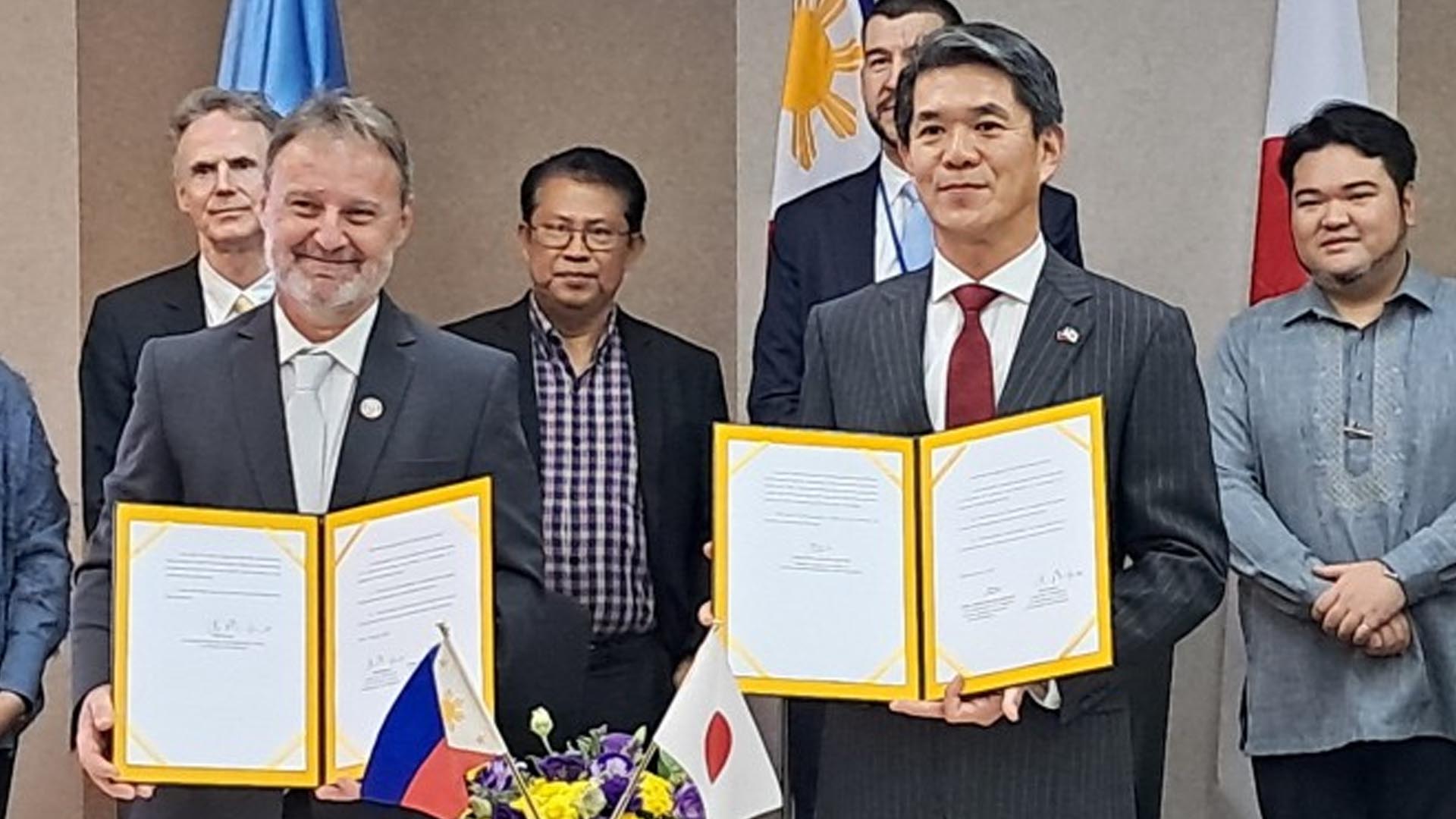The Japanese government is providing USD4.7 million (around PHP273 million) in grant aid to make fishing and aquaculture in the Bangsamoro more sustainable.
The two-year program, which will start in April, targets to benefit some 4,000 small-scale aqua farmers and fishers in the region.
It will be implemented by the Food and Agriculture Organization (FAO) in cooperation with the BARMM Ministry for Agriculture, Fisheries and Agrarian Reform (MAFAR).
Japanese Ambassador Endo Kazuya and FAO Philippines representative Lionel Dabbadie formally signed and exchanged notes for the project in Mandaluyong City on Tuesday.
Endo said Japan is a “consistent and steadfast supporter of the Mindanao peace process” and will continue advancing peace and inclusiveness in its engagement in the country.
“Fisheries is an important economic sector in BARMM that provides vital employment and income to small fisherfolk and others in fishing communities,” he said.
“Beyond their contributions to food security and economic growth, fisherfolk play a very crucial role in ensuring the sustainability of marine ecosystems. Empowering them is not only necessary but also a strategic investment in the future of the region.”
The BARMM-MAFAR fisheries priority agenda and strategic roadmap showed that the fisheries sector faces several challenges, including high post-harvest losses, declining production, underutilization of Bangsamoro waters for sustainable fisheries production of both aquaculture and capture, and a high poverty rate of 30.6 percent.
Dabbadie said the project would ensure that the progress stakeholders made in the region is maintained.
“This project aligns with the MAFAR fisheries strategic directions, which highlight capacity-building for fishing communities and adopting science-based and scalable good aquaculture practices,” he said.
For the project, the FAO will implement its “Blue Transformation” approach, which outlines ways to meet the rising demand for aquatic food while reducing aquaculture’s environmental footprint through sustainable intensification.
This intensification, Dabbadie said, will help produce more food with fewer resources and increase the efficiency and profitability of aquatic food value chains.
Among the project objectives are to strengthen capacity at the farmer group and government levels; assess capture harvest potential and consolidated capacity to reduce post-harvest losses of fishery products; and reinforce aquatic biosecurity, fish health, food safety and halal compliance. (PNA)







